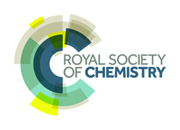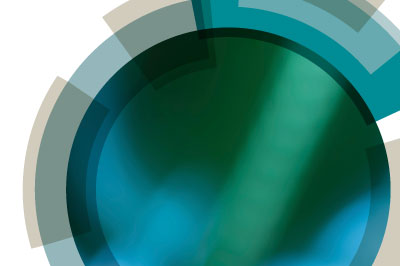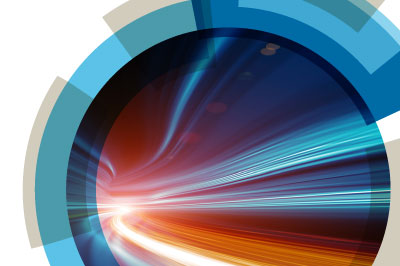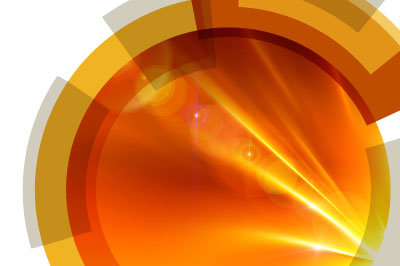This Faraday Discussion will focus on the rapidly evolving field of nanoparticle (NP) self- and driven assembly, with a view to understanding how evolving developments in the fundamentals can be translated into science/property principles underpinning applications. There is a need for the study of disordered self-assemblies of nanoparticles, in contrast with the focus in the literature which has been on ordered nanoparticle assemblies. This contrast is similar to that between the amorphous structures assumed by many classes of polymers vs. the ordered crystalline state that is the ground state of many atomic systems. Over a century of work shows that both of these structural motifs have significant, complementary and different consequences on applications. Exploring this disordered class of NP assemblies will be a central focus. While there has been considerable interest in quiescent assembly, the more important scenario for applications is external-field driven assembly, as may be found when these materials are processed. This meeting will cover three distinct classes of materials where nanoparticle assembly holds significant potential for applications, with a view to determining common features of structural organisation on the nanoscale. The meeting will also be an opportunity to consider the implications of these ideas for the broader field of soft matter.
Faraday Discussions have a special format where research papers written by the speakers are distributed to all participants before the meeting, and most of the meeting is devoted to discussing the papers. Everyone contributes to the discussion - including presenting their own relevant research. The research papers and a record of the discussion are published in the journal Faraday Discussions.
Siddharth Kulkarni
Hisay Lama
Madhura Som
Themes
- Synthesis and Assembly of Nanoparticles and their Assemblies
- Modeling and Theory
- Nanocomposites
- Applications to Soft Matter
Aims
Complementing the Faraday Discussions meeting on Nanoparticle Synthesis and Assembly (Chicago, USA, April 2015) which will focus on ordered superlattice arrays of ligand-passivated inorganic clusters, with applications related to size scalability and processing, this meeting will emphasise the importance of considering both ordered and disordered assemblies, and the translation of fundamental science to applications. The scope of the Discussion will include chemically distinct classes of nanoparticle assemblies - polymer nanocomposites, patchy colloids, ligand-passivated inorganic nanocrystals - and link them with soft matter systems, with a view to understanding some of the basic principles of nanoparticle assembly and how they affect practical applications. The topic is particularly appropriate for the Faraday Discussions format with the possibility of documenting an interesting cross-fertilization of ideas.Format
The Faraday Division have been organising high impact Faraday Discussions in rapidly developing areas of chemistry and its interfaces with other scientific disciplines for over 100 years.Faraday Discussions have a special format where research papers written by the speakers are distributed to all participants before the meeting, and most of the meeting is devoted to discussing the papers. Everyone contributes to the discussion - including presenting their own relevant research. The research papers and a record of the discussion are published in the journal Faraday Discussions.
Pre-prints
The Pre-prints are now available to download by all registered delegates. These are password protected and registered delegates will have been emailed the password. You can download them individually from the 'Programme & Pre-prints section or by session or as a whole from the 'Introduction' section.Faraday Discussion Poster Prize
The Faraday Discussion Poster Prize was won by the following 3 students:Siddharth Kulkarni
Hisay Lama
Madhura Som









